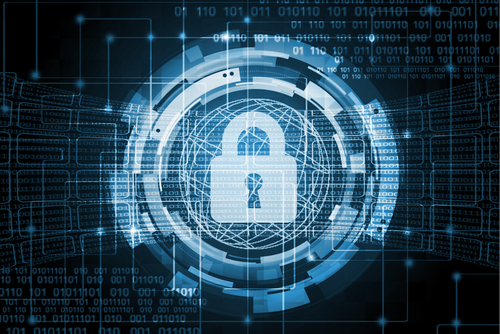
Traditional security for firehouses included alarm systems, locks, and even some cash storage. However, as our society becomes more and more reliant upon technology, the threat of cyber-attacks is ever present. The theft of personally identifiable information has even greater consequences that that of material goods, so these operations must be protected with a custom-tailored Firefighter Cyber Liability Insurance program. Further, share these tips with your clients to prevent the misuse and theft of this confidential information.
According to Firehouse, personnel files contain valuable information about members, whether they are paid or volunteer. This includes names, addresses, dates of birth, license numbers, Social Security numbers and many other personal items that are enough to fraudulently obtain credit cards or order goods online in another person’s name. This information may also be used to develop false identification.
The Health Insurance Portability and Accountability Act (HIPAA) and other privacy laws that govern EMS patient records make them critical to protect. Not only would your clients be fined by the governing agencies, they may face lawsuits from those patients whose information has been compromised in addition to facing federal and state statutes. Anything from a PR specialist to repair reputational damage to hiring a call center to manage inquiries and concerns might be necessary for the event of a breach. Without the right insurance, this could bankrupt a company.
Never have passwords saved on computers, require that employees frequently change their passwords (and not to an easily guessed one!), electronic backup files should be safely stored and monitored, and laptops should be confined and equipped with a password, as well.
Ensure computers that store confidential information use superior forms of encryption. Lastly, many of the documents required to be kept by an emergency service organization must be stored for set periods, but when they are ready for disposal, be certain that they are shredded or burned. Information on the computer is just as sensitive. When disposing of computer hardware, remove the hard drive and use a device that meets government standards to do a drive wipe or physically destroy it, says the article.
About Provident Fire Plus
At Provident Fire Plus, we offer a broad spectrum of policies that have been customized to protect the emergency response industry. We provide tailored solutions to meet your clients’ specific risk exposures and requirements. To learn more about our products, contact our experts today at (855) 201-8880.

